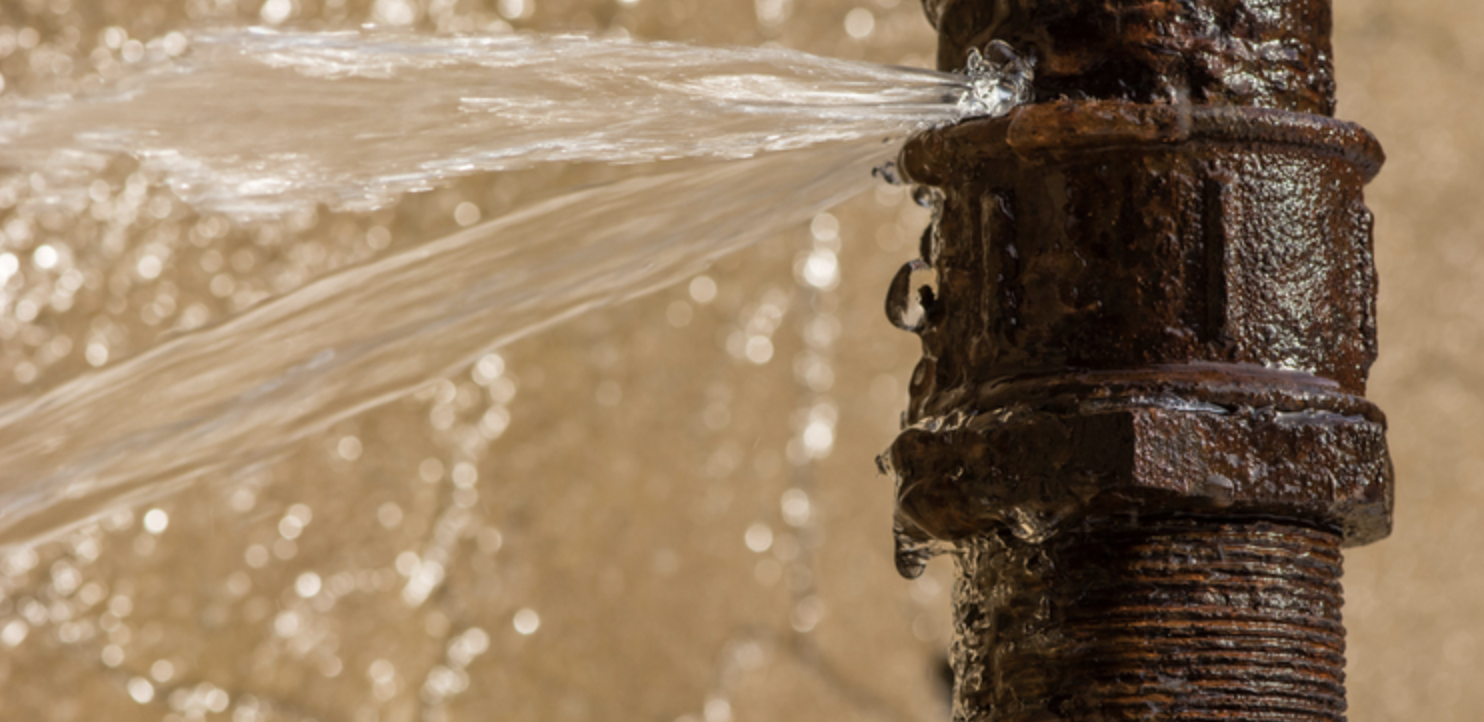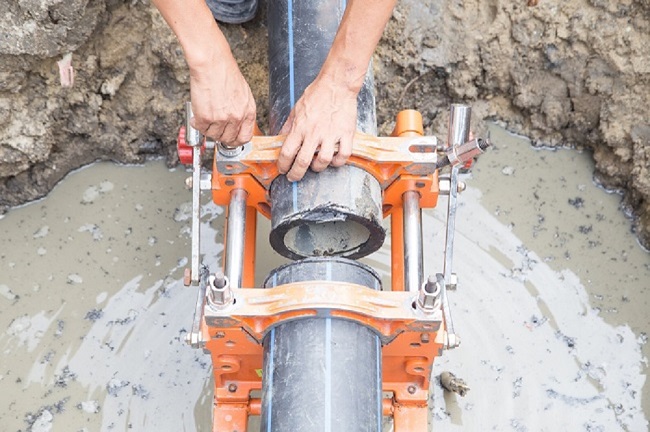Listed here in the next paragraph you can locate a good deal of great information when it comes to Water Damage: Tips On What To Do When Your House Is Flooded.

What should you do if a water pipe bursts in your home? The longer you wait, the extra extreme the damage that can happen to your home. For these reasons, you require to find out just how to act in the occasion of a ruptured water pipe.
Shut Off the Main Waterline Valve
The first thing to do? Shut the shut-off shutoff. Try to find the regional shut-off shutoff to shut off the water in one details area only. Go for the primary water line shutoff as well as transform it off if you do not recognize where the local shut-off shutoff is. This action will certainly remove the water promptly in your entire residence. Generally, the primary shutoff is discovered outside the house beside the water meter. If it's not there, you can likewise discover it in two locations: in the basement at eye level or the first flooring on the ground. Usually, contractors put the shut-off shutoff generally ground degree shower room or best next to it.
Call Water Damages Repair Pros for Help
After closing the water resource, call the specialists for aid. With their professional aid, you can stop a lot larger water damages including deformed baseboards, loosened tiles, or damaged frameworks.
File the Damages For Insurance coverage
While you're waiting for the pros to get here, get some documentation of the damages triggered by the errant pipeline. Do close-up shots of the harmed valuables and also areas.
Salvage Things That Can Be Saved
Examine the harmed products as well as take out the most essential ones from the pile when you're done taking photos. Dry them off in a dry/warm place away from the damaged area and also attempt to maintain them as high as you can. Drag as much dampness as you can to the product so it can begin to dry.
Start the Drying Process
You need to begin the drying process as soon as possible. Fortunately, the water from your waterlines is already clean so you don't have to stress over sewer water. The flowing water may have disturbed the dust and debris in your carpets and floorboards. In this case, placed some gloves on as well as begin some troubleshooting. Usage pails to dump out the water. Blot out as much water as you can from the surfaces with old towels. Turn on an electric fan or open your windows to promote air flow. These steps will speed up to dry as well as discourage mold as well as mildew growth.
Experts are the only people qualified to evaluate properly as well as repair the burs pipes as well as succeeding damages. As constantly, pipelines do not simply instantly break out of heaven. They normally provide silent red flags like bubbling paint, water stains. Weird noises in the plumbing, caving ceiling, mildewy smell, or peeling off wallpaper. Bear in mind of these indications as well as do some preventive measures so you can nip any type of issues in the bud.
What should you do if a water pipe ruptureds in your residence? For these factors, you require to discover exactly how to act in the occasion of a burst water pipe. After shutting the water source, call the professionals for aid. With their specialist aid, you can stop much larger water damage including deformed walls, loosened ceramic tiles, or damaged structures. Thankfully, the water from your waterlines is currently tidy so you don't have to worry concerning sewage system water.
How to Handle a Burst Pipe and Minimize Damage
Steps to Take Ahead of Time
If you own property in an area that experiences cold weather, you need to be aware of seasonal maintenance tasks that will help you protect your property as the weather changes each year. One of the most important steps is to winterize your pipes to ensure they won't freeze or burst when the temperature drops. This includes action items like insulating any exposed pipes, detaching garden hoses and covering outdoor faucets. If the weather gets cold enough, you may even consider leaving a faucet dripping or opening cabinet doors during the coldest parts of the day.
No matter how prepared you might be, accidents and emergencies still happen. You'd be wise to set up a savings account specifically for your property so you have a "rainy day" fund set aside for unexpected expenses. All homes—regardless of age, location or condition—will inevitably need some form of emergency repair.
Steps to Take for Frozen Pipes
A frozen pipe will not necessarily burst, so if you can catch a frozen pipe early on, you could save yourself a major headache. When your area experiences frigid temperatures, be sure to check your plumbing and keep an eye out for warning signs like faucets only releasing small amounts of water or toilets not refilling when flushed. If you do run into one of these issues, you're likely dealing with a frozen pipe.
If this happens, your first step should be to cut off the water supply to that section of the plumbing. Expanding and freezing water can quickly cause damage. Even if the water supply is shut off, you will likely still deal with some leaking from the water that defrosts after the pipe has thawed. Be prepared with a mop, bucket and/or towels to quickly soak up any excess water.
In order to thaw a frozen pipe, you can use a space heater, infrared or incandescent heat lamp, or even a hairdryer to warm up the frozen area. Heat tape is also an option and should be used according to manufacturer instructions. Do not use any sort of open flame to thaw frozen pipes, as it poses a major fire hazard and can damage your pipes further.
Steps to Take for a Burst Pipe
Water damage claims are the second most common insurance claim in the U.S. When you're dealing with a frozen pipe, the water continues to expand as it freezes, which creates pressure that can cause a pipe to burst. When this happens, the crack or leak in the pipe allows water flow from the pipe to enter your home where it shouldn't. If a pipe does burst, you need to act quickly to mitigate property damage and repair cost.
Your very first step should be to shut off your main water supply to minimize flooding—typically the most expensive damage to address. Once you've shut off the water supply, make sure you identify the entire area that has been impacted by the leak. Remove as much water as possible—as quickly as possible—using a mop, sponges, towels or a shop vacuum or wet/dry vacuum. To prevent long-term damage due to moisture build-up, run a dehumidifier or fan in the affected area. Contact a licensed plumber to ensure the pipe is correctly repaired before running any water to that section of the home again. Burst pipes and the associated water damage are something you absolutely want to avoid as a property owner. If you've had to learn your lesson the hard way, don't let yourself get caught in a similar situation during the next spell of cold weather. The best way to deal with frozen or burst pipes is to prevent them in the first place—proactive winter maintenance will save you time, money and a whole lot of stress.

Do you really like more info about Rules For Handling Water Damage? Create a remark further down. We will be delighted to see your feelings about this review. In hopes that you visit us again in the future. Sharing is caring. Helping people is fun. Thanks so much for your time invested reading it.